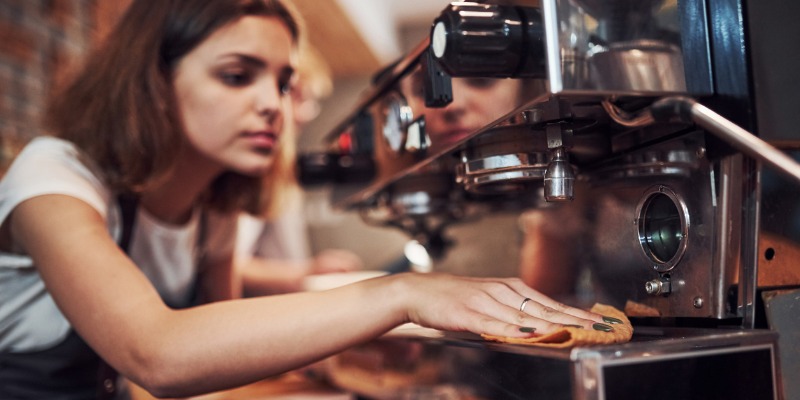Tipping servers still makes sense

While COVID-related government restrictions continue to significantly harm the restaurant industry, with many people wondering when the industry will return to normal—and what “normal” will look like—some people want to abolish tipping. Indeed, a recent study from Dalhousie University claims that tipping is “an inherited artifact of colonialist ideals and power structures” that exists “within the realm of servitude with a troubling history of racial oppression.”
Tipping is racist? Maybe. An earlier version of the Ontario government’s math curriculum (since revised) claimed that “mathematics has been used to normalize racism,” so maybe there’s something racist about calculating 15 per cent of a restaurant cheque. On the other hand, such thinking may be completely mistaken. And that having diners tip, instead of including the cost of service in the menu prices, is an entirely benign, non-racist and overwhelmingly beneficial practise. Indeed, there’s good evidence that tipping is better for diners, restaurant owners and wait staff (whatever their race).
In the first place, because the wait staff’s responsibility is to serve diners—not the restaurant manager—the diners are in the best position to accurately evaluate their server’s job performance. Moreover, in addition to improving accuracy, having diners evaluate wait staff performance is also cheaper. Diners will evaluate the wait staff’s performance in any case, the same way they evaluate the quality of food, the atmosphere, the cleanliness of the washrooms and everything else about restaurants. Paying a manager for another evaluation of the wait staff’s performance is therefore duplicative—an unnecessary cost.
There’s also great economic benefit from a tipping system that allows for greater flexibility in the final cost of the meal as opposed to having all diners pay uniform prices. Suppose, for example, that a diner orders a medium-rare steak but receives a well-done steak. The diner has three options—a) send the steak back, b) grumble about it and decide to dine at that restaurant less often in the future or c) reduce his tip to offset the decrease of his meal’s enjoyment with an equivalent decrease in the cost he pays for it.
Option (a) is a costly one, both for the diner who must wait for his meal to be prepared all over again and for the restaurant, which must pay for another steak. Option (b) is also economically costly—the diner will enjoy fewer restaurant meals in the future and the restaurant will do less business. Option (c) is clearly best—it minimizes the cost to the diner, who pays less for his meal, and to the restaurant, which does not have to pay to prepare another steak and suffers no loss in future business. Nor are the servers losers in this arrangement, because to the extent that diners under-tip due to improperly cooked steaks, to keep wait staff from leaving for competing employers the restaurant must increase hourly wages to offset the loss in tips.
The case of the overcooked steak can be generalized into a broad economic principle—diners, restaurant owners and wait staff are all better off when the economic transactions between the three groups are structured in a way to maximize their joint economic surplus. Imposing rules such as no tipping, which reduce the joint surplus, is harmful to all parties because even the apparent winners from such a policy must share the net costs in the long run to keep the transactions viable. For example, any arrangement that makes restaurant owners worse off means fewer restaurants will open, which in the long run is bad both for diners who will have fewer options and for wait staff who will have fewer job opportunities.
The best way forward, therefore, for all involved in the restaurant industry, is to carry on with tipping and ignore the detractors who make weak claims about the system’s supposed inequities. The restaurant industry has suffered enormously from the pandemic and government restrictions. Getting rid of tipping would only be another unwelcome blow.

